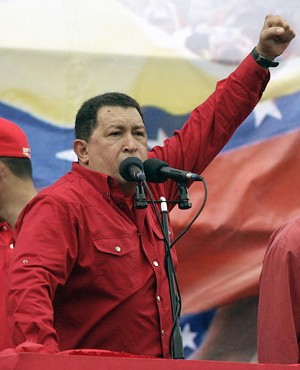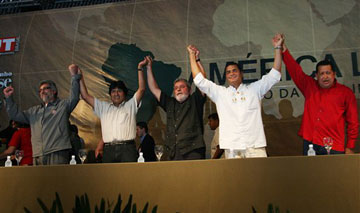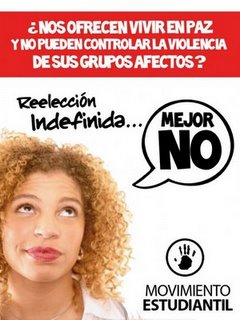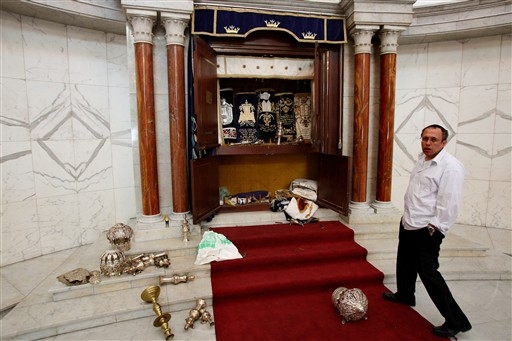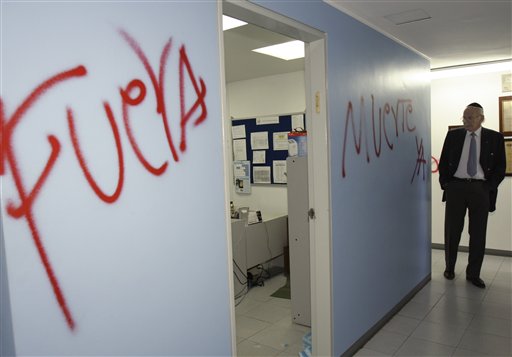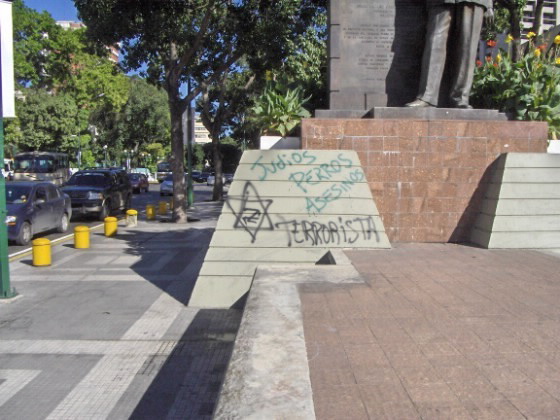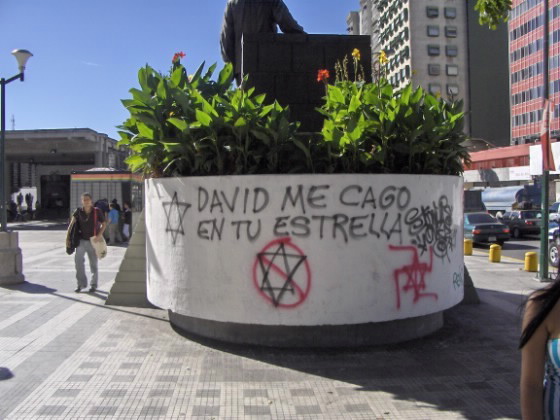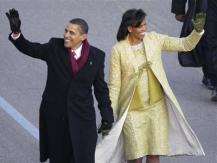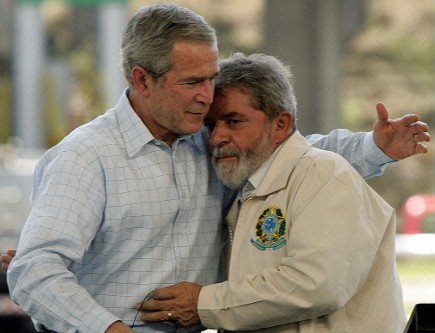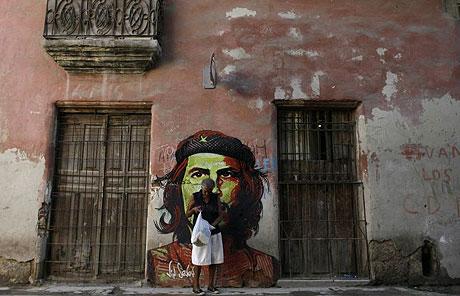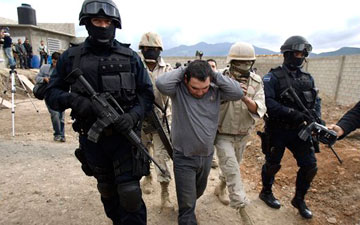
Two weeks ago the U.S. Joint Forces Command published its "Joint Operating Environment (JOE 2008)" report, which projects global threats and potential next wars. The report stated that Mexico and Pakistan are two countries that "bear consideration for a rapid and sudden collapse,"
"The Mexican possibility may seem less likely, but the government, its politicians, police and judicial infrastructure are all under sustained assault and press by criminal gangs and drug cartels. How that internal conflict turns out over the next several years will have a major impact on the stability of the Mexican state. Any descent by Mexico into chaos would demand an American response based on the serious implications for homeland security alone."
While Mexico's collapse may not be imminent, the report underlines the seriousness of the current drug wars in Mexico, which represent an urgent problem to the US.
This is not a new problem: Last May Stratfor had posed the question, Mexico: On the Road to a Failed State? in one of its Geopolitical Intelligence Reports that expressed the similar concerns to that of the JOE report. Stratfor also points out state failures in Mexico's past.
The most reliable and concise background study on the seriousness of the problem is the 2007 CRS Report for Congress on Mexico’s Drug Cartels, which provides an overview of Mexican drug cartels and their operations, their ties to gangs like the Mara Salvatrucha (MS-13), and Mexican cartel presence and their drug production in the US. The cartels - Juárez, Sinaloa, Gulf, Nuevo Laredo, Guerrero. Valencia and Michoacán - form alliances and work together (like Sinaloa-Juárez-Valencia Federation), but remain independent organizations, which operate throughout Mexico and branch into the United States.
Police corruption and the emergence of multiple, well-armed groups further complicate the problem.
Yesterday's AP article on the arrest of a dozen high-ranking officials with alleged ties to the Sinaloa Cartel (currently the most powerful of the cartels) illustrates the corruption problem :
Over the last five months, officials from the Mexican Attorney General's office, the federal police and even Mexico's representatives to Interpol have been detained on suspicion of acting as spies for Sinaloa or its one-time ally, the Beltran Leyva gang. An officer who served in Calderon's presidential guard was detained in December on suspicion of spying for Beltran Leyva.
Gerardo Garay, formerly the acting federal police chief, is accused of protecting the Beltran Leyva brothers and stealing money from a mansion during an October drug raid. Former drug czar Noe Ramirez, who was supposed to serve as point man in Calderon's anti-drug fight, is accused of taking $450,000 from Sinaloa.
Most of such tips are coming from a Mexican federal agent who infiltrated the U.S. embassy for the Beltran Leyva drug cartel. No such infiltrators have been found for the Gulf cartel, which controls most drug shipments in eastern Mexico and Central America. Sinaloa controls Pacific and western routes.
A year into the Calderon goverment's crackdown on the cartels, the Mexican government continues to increase its efforts against the cartels - for instance, sending
2,000 troops to Juárez this month - but the extent of the violence ravaging the country is immense.
El Universal has a webpage of drug war related articles; there have been 312 deaths in 2009 so far. This article from El Universal lists 34 killings in one day, all related to the drug wars. El Universal and the BBC report the arrest on Friday of Santiago Meza López, a.k.a. "Teo's wellman", No. 20 in the FBI's most-wanted list, who allegedly decomposed in acid 300 bodies of people murdered by the Sinaloa Cartel and Teodoro Eduardo García Simental, alias “El Teo”.
The cartels are waging war on journalists, too, including an attack on Televisa's affiliate in Monterrey on January 6.
The New York Times last Friday wrote about Juárez, Mexico and El Paso,Texas. In Juárez
the killings have become more frequent, more brazen and more gruesome. One body was beheaded and hung from a bridge.
In contrast, the article describes
El Paso... is made up mostly of new immigrants or their children, who tend to be cautious, law-abiding and respectful of authority.
Many Mexicans who previously lived in small villages near the American border had to leave for the US
or be killed. Another big difference between the two cities is that the Mexican military and police are understaffed and untrained, while in Texas Fort Bliss and the heavy police presence continue to make El Paso safe.
Presidents Obama and Calderón met prior to Obama's inauguration and, while the American media described the meeting in general terms, Calderón stated in a press conference after the meeting that Obama offered help in fighting the narcos. The NY Times article also reports that
Last week, Homeland Security Secretary Michael Chertoff said the Bush administration had laid plans to send a surge of federal agents and soldiers to trouble spots if the violence spilled over.
According to
TIME,
Anti-drug officials believe the uptick in clashes between the police and gunmen of the cartels is a sign that Mexico's long-running drug violence has entered a new phase. Until recently, most fighting had involved rival traffickers battling over turf, but today most of the violence is between the federal government and the gangsters. The year-long government crackdown has seriously rattled the cartels, the officials say, and they are making an orchestrated attempt to get the government to back off.
The scenario in which a breakdown of institutions where the state becomes an instrument of criminals in Mexico would bring millions of war refugees into the US, and neighboring Central American countries would also collapse. Mexico, the world's 14th largest economy, has over
100 million people.
The JOE 08 report, along with the 2007 CRS Report for Congress on Mexico’s Drug Cartels, should be the starting point for the discussion of what we need to do here in the US: Strenghthening the Merida Initiative (whose purpose is to train and professionalize Mexico's military and civil forces), paying special attention to immigration and drug enforcement in the border states, increasing the National Guard, making other defense contingency plans in the US, and educating the public on the level of threat are a few suggestions.
Mexico's descent into chaos, while not imminent, is a real possibility.
Fausta Wertz also blogs at faustasblog.com.



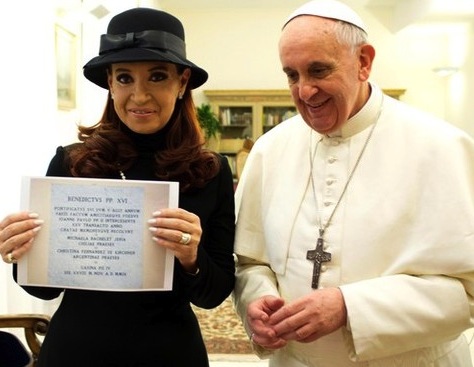
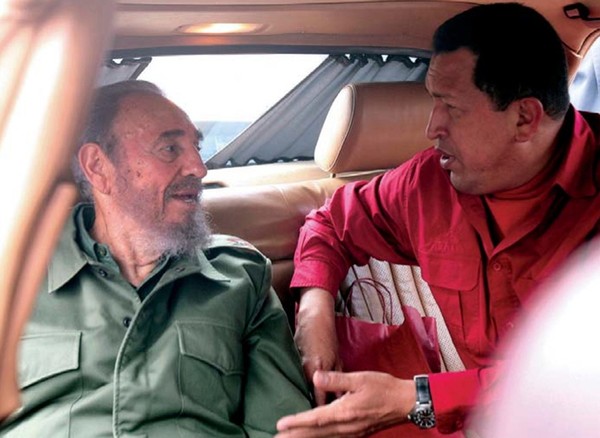
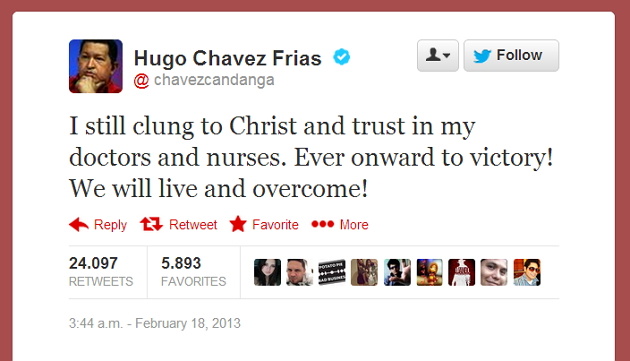
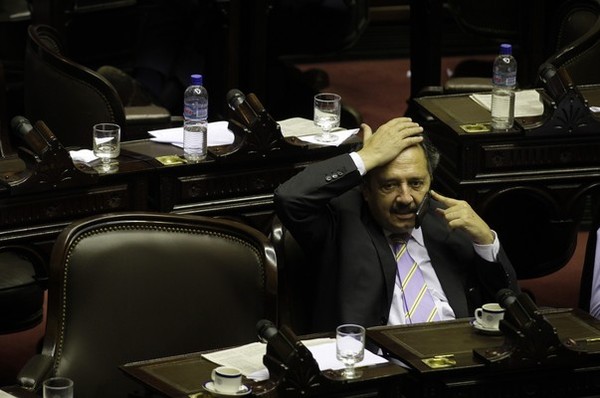
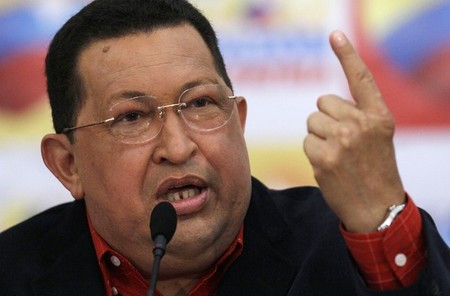


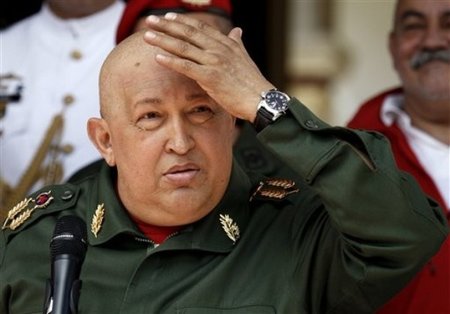
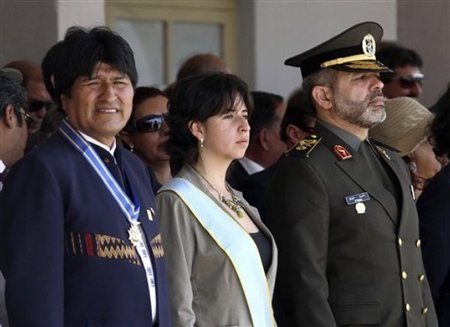
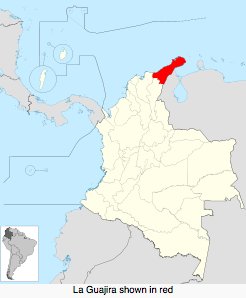
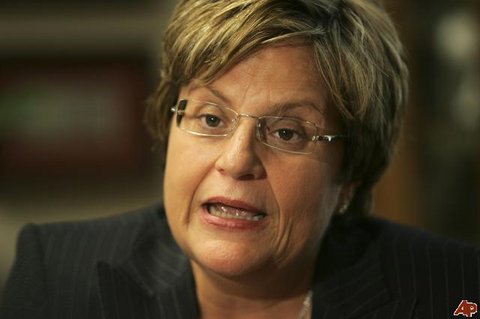

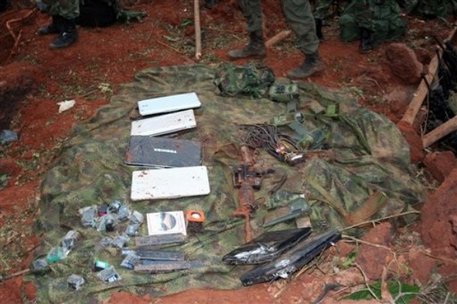
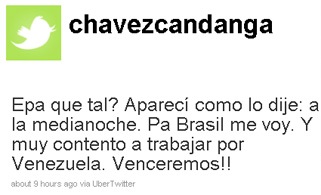
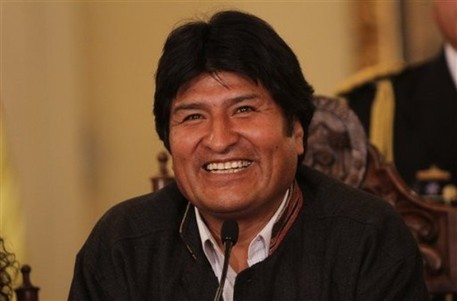
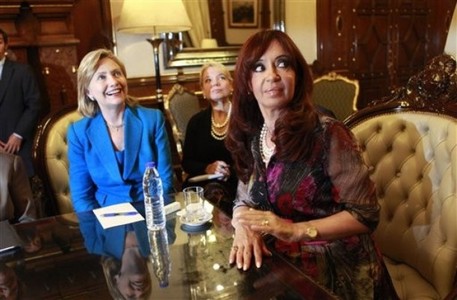
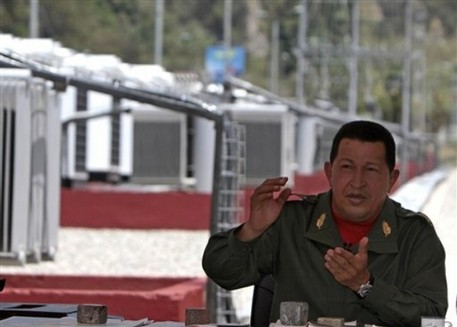
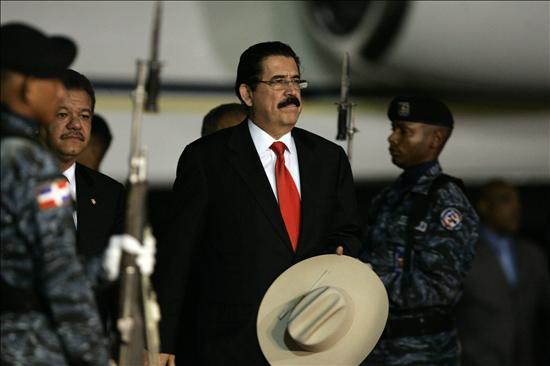
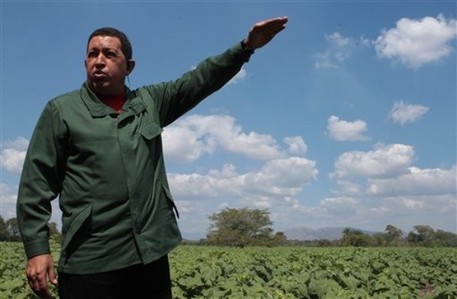
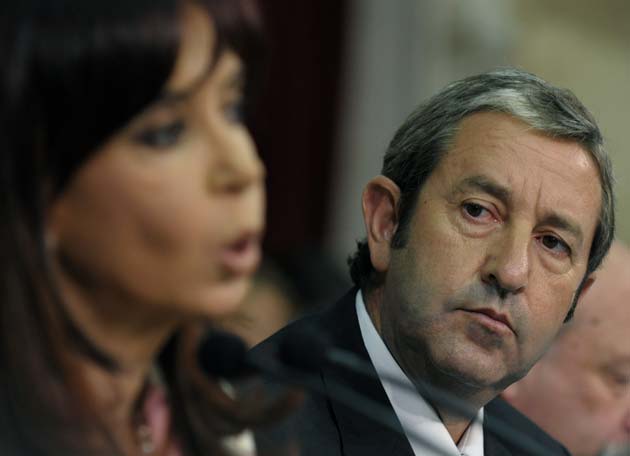
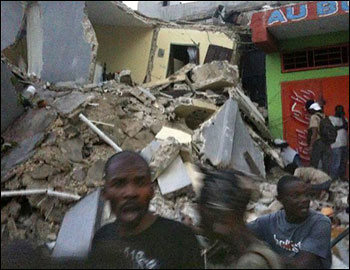
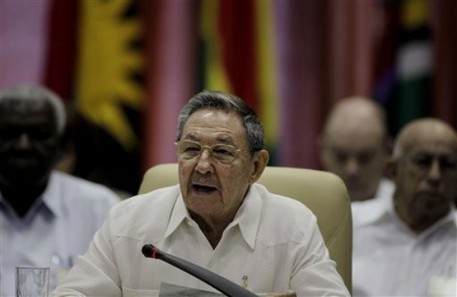
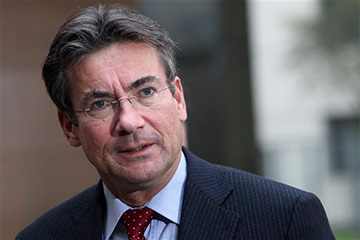
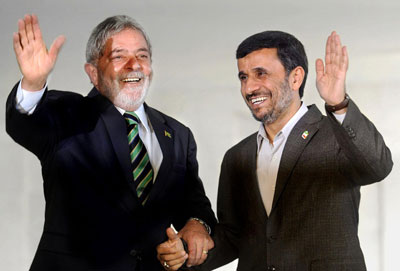
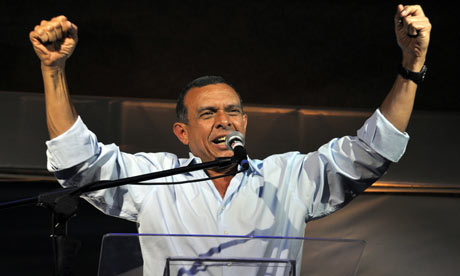
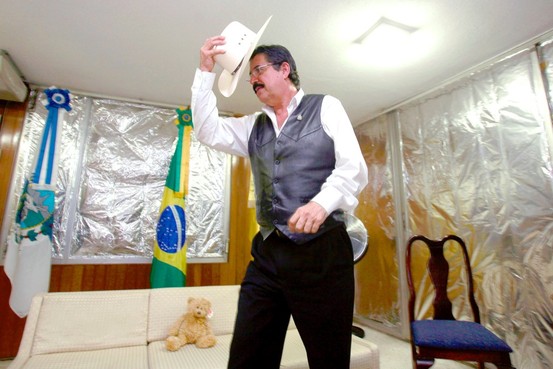
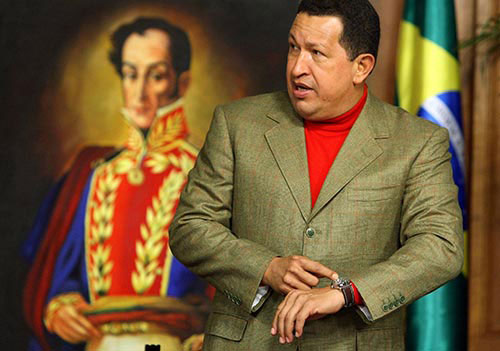
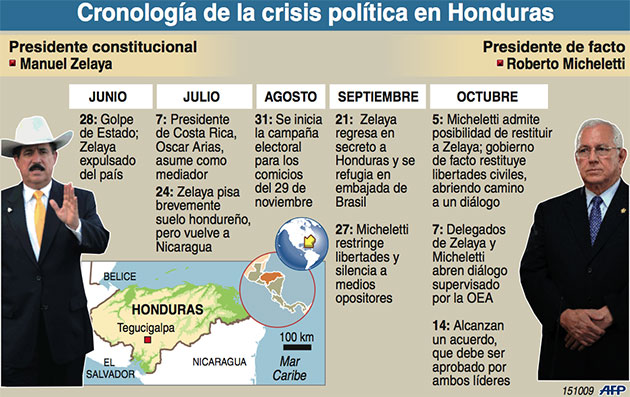
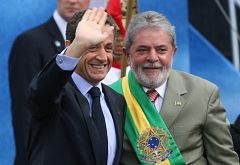
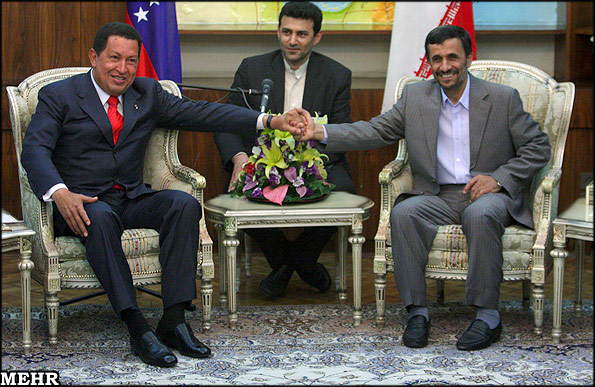
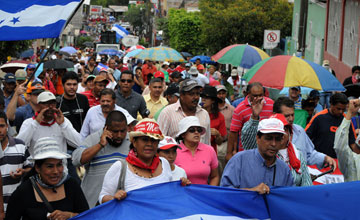
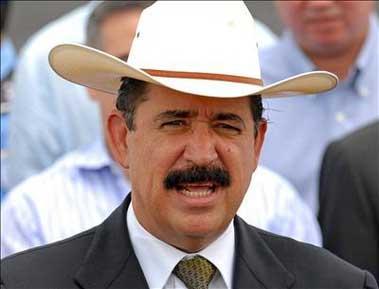
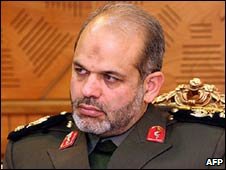 Now one of those people, Ahmad Vahidi, has been selected for Defense Minister of Iran: The Guardian has the story,
Now one of those people, Ahmad Vahidi, has been selected for Defense Minister of Iran: The Guardian has the story,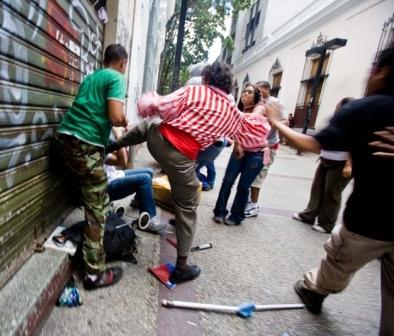
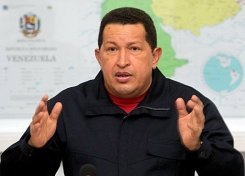
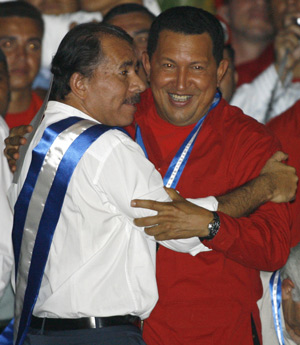
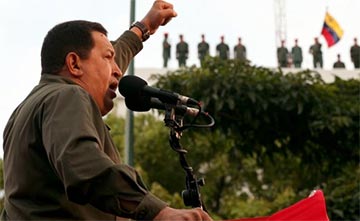
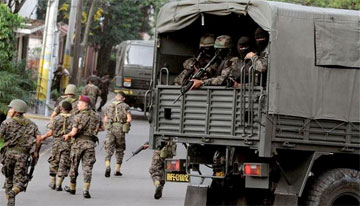
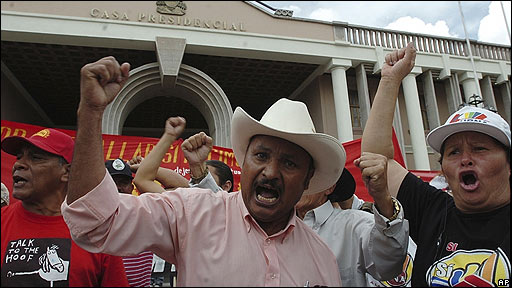
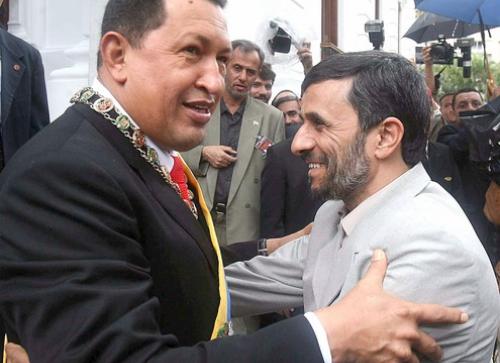
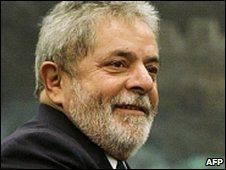
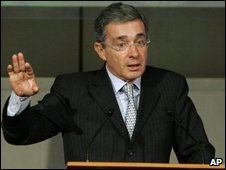

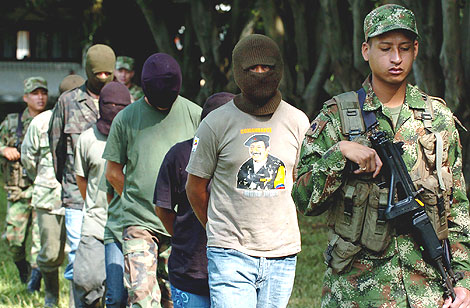
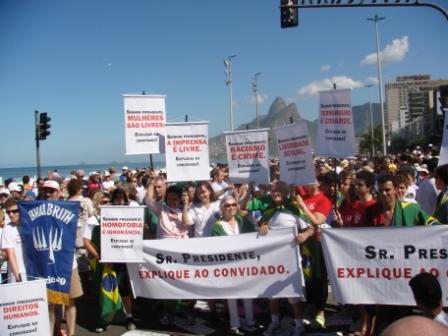
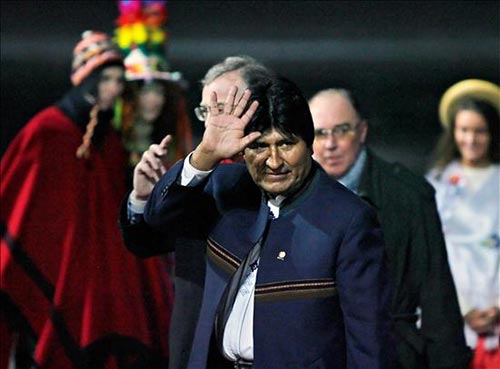
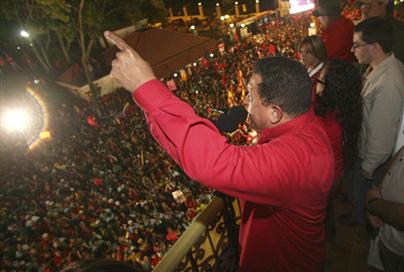
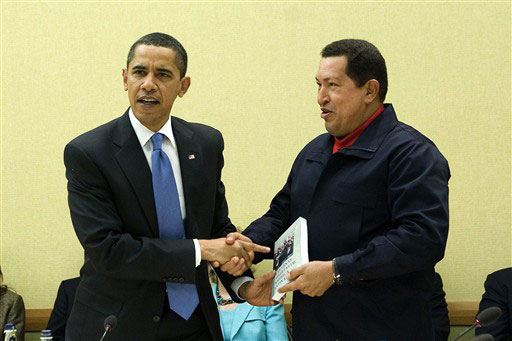
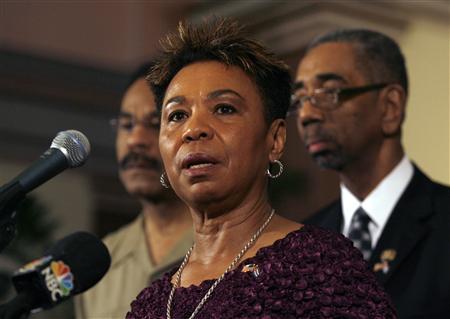
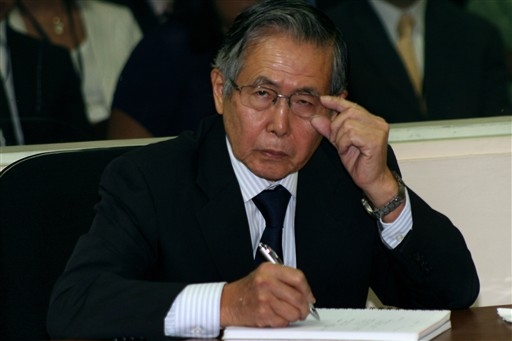
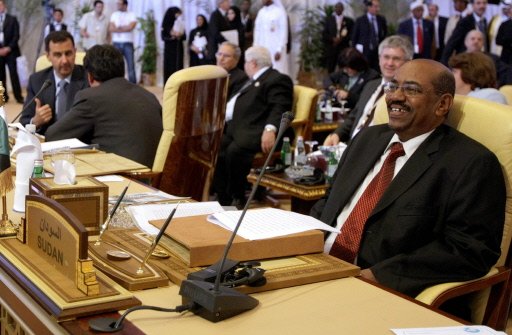
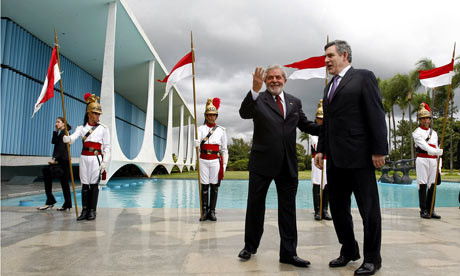
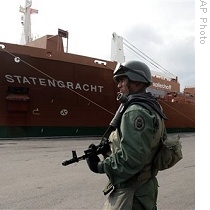
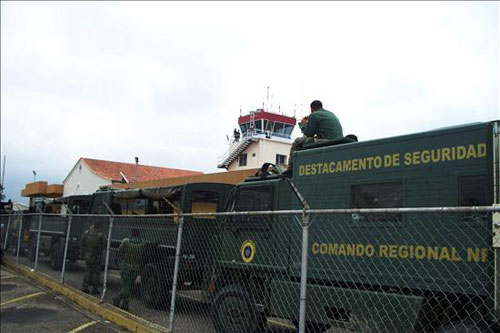

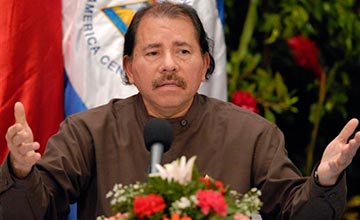
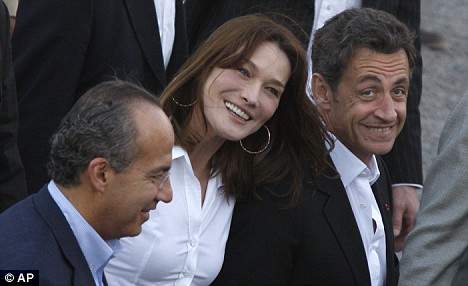
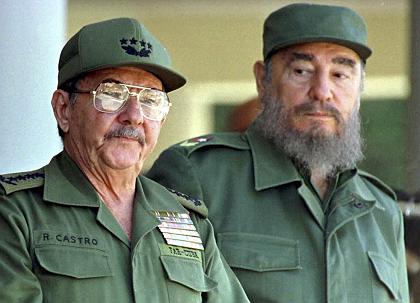

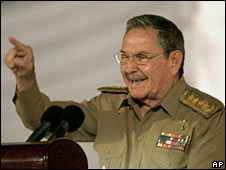
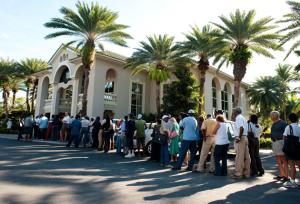
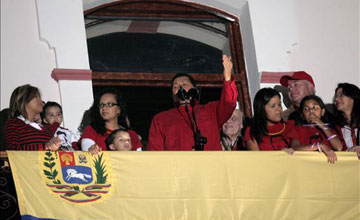
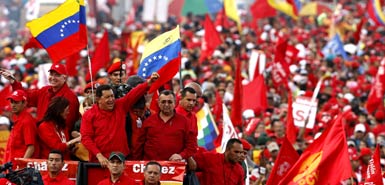
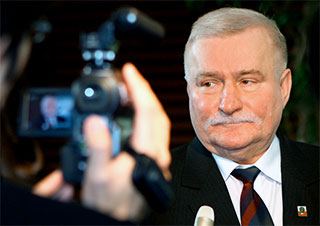
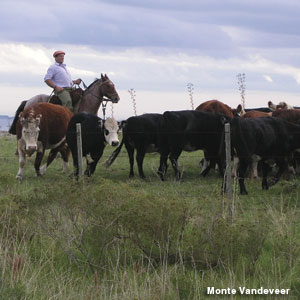 Last week I came across two interesting articles which at first sight only appear to have in common that they talk about Uruguay. Both relayed some promising news.
Last week I came across two interesting articles which at first sight only appear to have in common that they talk about Uruguay. Both relayed some promising news.